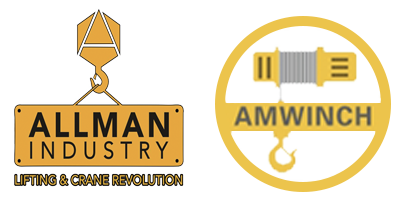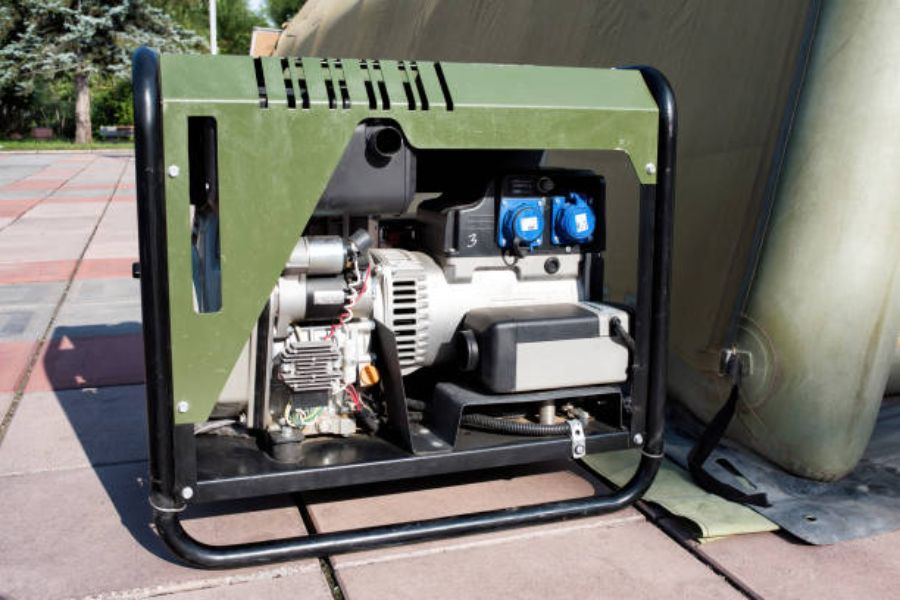Introduction
When it comes to winches, both hydraulic and electric options have their pros and cons. It's important to consider your specific needs and requirements before deciding which option is better suited for you. In this article, we'll take a closer look at the benefits and drawbacks of each type of winch.
Hydraulic Winches
Hydraulic winches are powered by hydraulic systems which generate high levels of force and torque, making them ideal for heavy-duty applications. They are commonly used in the construction, mining, and oil and gas industries. One of the main advantages of hydraulic winches is their ability to maintain consistent pulling power, even under heavy loads. However, they can be more complex to install and maintain compared to electric winches.
Electric Winches
Electric winches are powered by electric motors and are typically more affordable and easier to use than their hydraulic counterparts. They are commonly used in off-road vehicles, boats, and trailers. One of the main advantages of electric winches is their portability - they can be easily moved from one vehicle to another. However, they may not be able to perform as well under extremely heavy loads.
Winch Capacity
One of the main factors to consider when deciding between a hydraulic and electric winch is their capacity. Hydraulic winches typically have higher capacity ratings than electric winches. If you need a winch for heavy-duty purposes, a hydraulic winch may be a better option. However, if you only need a winch for occasional use or for lighter loads, an electric winch may be sufficient.
Cost
Hydraulic winches are typically more expensive than electric winches. This is largely due to the fact that they require a hydraulic system to operate. If cost is a major consideration, an electric winch may be a better choice. However, it's important to note that the cost of a winch should not be the only factor to consider when making your decision.
Maintenance
Maintenance is another important factor to consider when choosing a winch. Hydraulic winches are typically more complex, requiring regular maintenance to keep them in good condition. Electric winches are generally less complex and easier to maintain. However, both types of winches require regular maintenance to ensure their longevity and reliability.
Installation
Hydraulic winches require more components and are more complex to install compared to electric winches. As a result, the installation process can be more time-consuming and expensive. Electric winches are generally easier to install and can often be done without professional help.
Speed
Electric winches are typically faster than hydraulic winches. This is because electric winches generate more revolutions per minute (RPM) than hydraulic winches. If speed is an important consideration for you, an electric winch may be a better option.
Noise
Hydraulic winches are generally louder than electric winches. This is due to the hydraulic system's pumping action, which generates noise. Electric winches are quieter, which may be important for applications where noise levels need to be kept low.
Durability
Both hydraulic and electric winches are designed to be durable and reliable. However, hydraulic winches are generally regarded as being more durable than electric winches. This is due to the fact that they are designed to handle heavier loads and are often used in more intense environments.
Conclusion
Deciding whether a hydraulic or electric winch is better depends on your specific needs and requirements. Hydraulic winches are more powerful and better suited for heavy-duty applications, while electric winches are more affordable and easier to use. Consider factors such as winch capacity, cost, maintenance, installation, speed, noise, and durability before making your decision.

